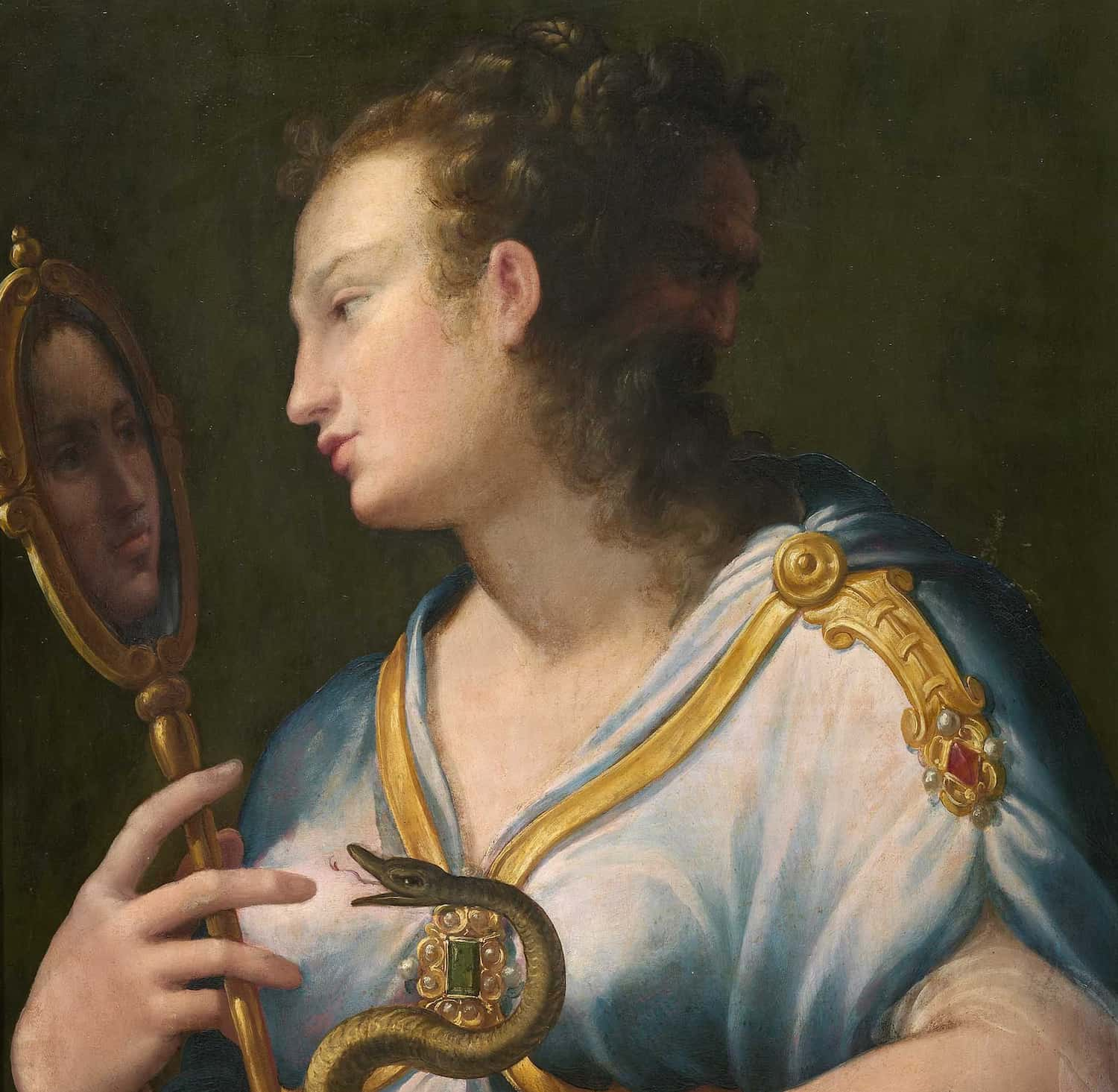Minor Greek Deities in a List
The lesser gods or minor deities are almost exclusively associated with specific regions of ancient Greece, hence their number.

The lesser gods or minor deities are almost exclusively associated with specific regions of ancient Greece, hence their number.



